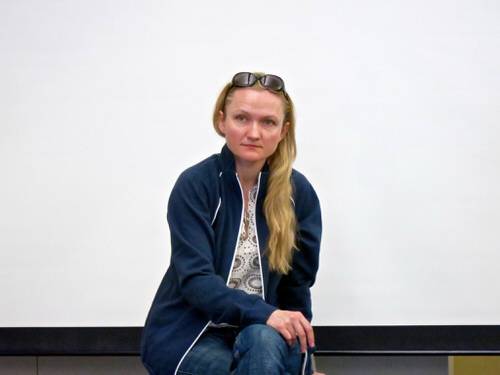The Wikimedia Foundation, the nonprofit foundation behind Internet’s encyclopedia Wikipedia, publicly called out the “right to be forgotten” recently established by a European court. The ruling requires search engines to remove links to Web pages people don’t want displayed in search results if they meet certain criteria.
See also: Google To Europe: Sometimes It’s Not So Easy To Forget
“The ability of editors and contributors to find, deliver and improve the content of Wikimedia projects heavily depends on having search engines that provide the most accurate, relevant and truthful data,” Lila Tretikov, the foundation’s executive director, told reporters at a London press conference, according to TechCrunch.
The foundation has received five notices from Google alerting them to 50 Wikipedia links that have been removed from search results under the right to be forgotten ruling. The Wikimedia Foundation posted them publicly on their website.
The organization also released its first-ever transparency report detailing the number and types of requests the Wikimedia Foundation receives to remove material from the site. Like other tech companies, the transparency report acknowledges that many of those requests were not fulfilled.

The foundation received 56 requests for user data and produced information 14% of the time, and 304 requests for content alteration and takedown. It didn’t accede to any of those requests.
“Demands that we erase content can be a direct threat to our mission,” Tretikov said.
Takedowns under the right to be forgotten don’t actually remove any data from Wikipedia itself. They just require search engines to scrub the links from search results. So Wikipedia can’t do anything to prevent the removal of links to its entries. The Wikimedia Foundation believes the ruling “compromised the public’s right to information and freedom of expression.”
Tretikov said at the press conference:
Some search engines are giving proper notice, and some are not. We find this type of compelled censorship unacceptable. But we find the lack of disclosure unforgivable. This is not a tenable future. We cannot build the sum of all human knowledge without the world’s truthful sources, based on pre-edited histories.
Image of the Wikimedia puzzle globe by Fabrice Florin; image of Wikimedia Foundation executive director Lila Tretikov by Fabrice Florin

















